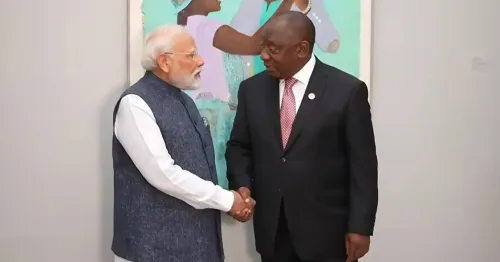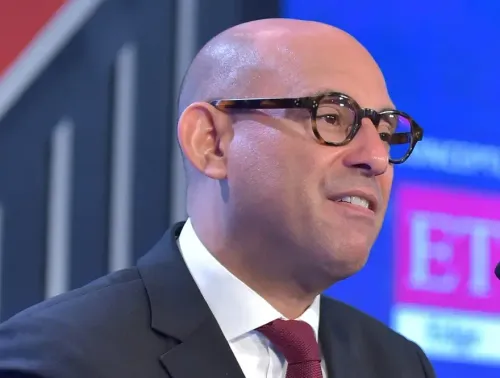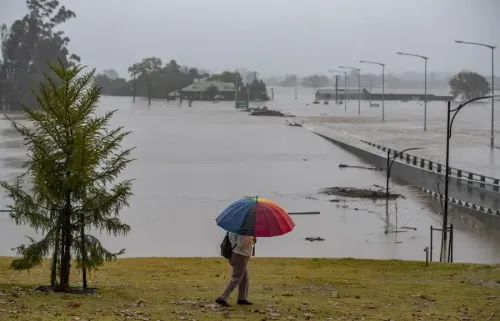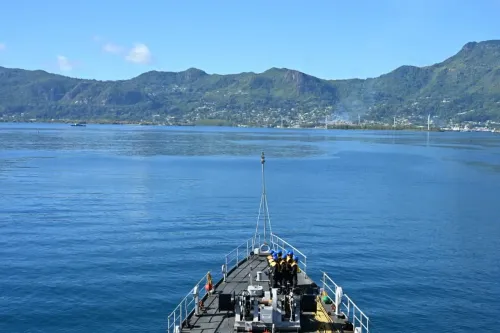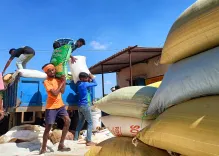Are the Baloch Terrorists or Victims of Pakistan's Terrorism?
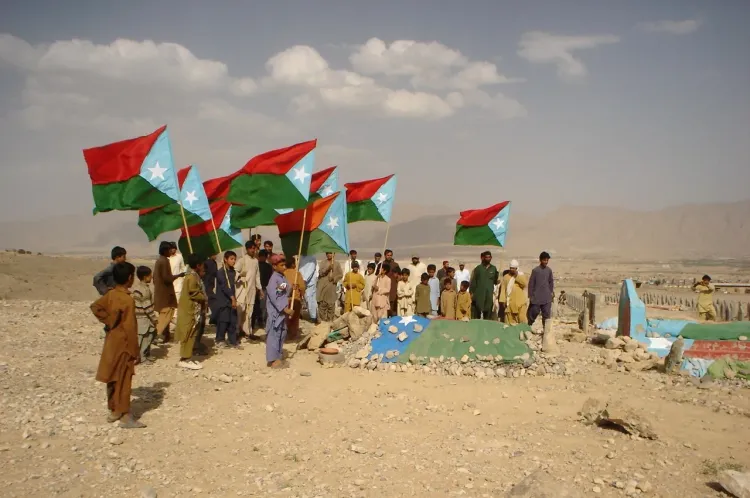
Synopsis
Key Takeaways
- Balochistan has faced 78 years of state-sponsored terrorism.
- The Baloch people are advocating for human rights.
- IS-Khurasan is a significant threat to Baloch activists.
- Many Baloch leaders are imprisoned without fair trials.
- Recognizing Balochistan's independence could benefit global stability.
Quetta, Aug 12 (NationPress) Following the US designation of the Balochistan Liberation Army (BLA) and its affiliated group, The Majeed Brigade (TMB), as foreign terrorist organizations (FTO), a prominent human rights advocate criticized this move. He asserted that the Baloch people are not terrorists; they are victims of Pakistan-sponsored terrorism.
Human rights champion Mir Yar Baloch highlighted that Balochistan has suffered from 78 years of state-sponsored terrorism, economic exploitation, radioactive contamination from Pakistan's nuclear activities, foreign invasions, and a harsh occupation by extremist forces in Pakistan.
He pointed out that the residents of Balochistan have been targeted by the IS-Khurasan (IS-K), a faction of the ISIS terror group, which he described as a lethal proxy nurtured by Pakistan's Inter-Services Intelligence (ISI).
Mir revealed that IS-K has recently issued a so-called fatwa inciting violence against Baloch political entities and their supporters.
This is yet another glaring instance of how Pakistan exploits radical factions to silence legitimate political dissent, stifle democratic ambitions, and create instability in the region, he stated in a post on X.
Throughout history, the Baloch community has demonstrated consistent goodwill toward the US. During the Soviet invasion of Afghanistan, they refrained from taking up arms against either America or the Soviets.
Post 9/11, Mir noted that NATO supply routes traversed Balochistan, yet there were no incidents involving Baloch freedom fighters or civilians targeting American troops or convoys.
In stark contrast, he criticized the Pakistani military and ISI for orchestrating anti-American protests while providing refuge to terrorists.
Mir also emphasized that Osama bin Laden was sheltered by Pakistan's military in Abbottabad for over a decade.
He remarked, “Pakistan’s leaders have acknowledged conducting a fabricated jihad against US interests, misleading allies while fostering extremism. Ironically, these same extremists are treated as 'strategic allies,' while the rightful inhabitants of Balochistan are branded as terrorists.”
Labeling Pakistan as a “rogue state in military uniform,” he asserted that it continually proves to be a liability for global peace, economic stability, and international credibility.
According to the human rights advocate, acknowledging Balochistan's independence could provide the US with an ally that is moderate, stable, and aligned with democratic principles.
He stated that Balochistan offers a better alternative to a corrupt Pakistani military elite, which is rejected by its own populace, urging Washington to support truth, justice, and the Baloch people.
The Baloch struggle is against Pakistan for fundamental human rights, confronting enforced disappearances, extrajudicial killings, and systematic oppression.
Numerous Baloch leaders currently face imprisonment without valid charges or fair trials, often denied bail and held under dubious preventive detention laws, according to local media.
In many instances involving Baloch leaders, courts have repeatedly refused bail, while families and legal representatives are frequently obstructed from accessing detainees despite court mandates to the contrary.

